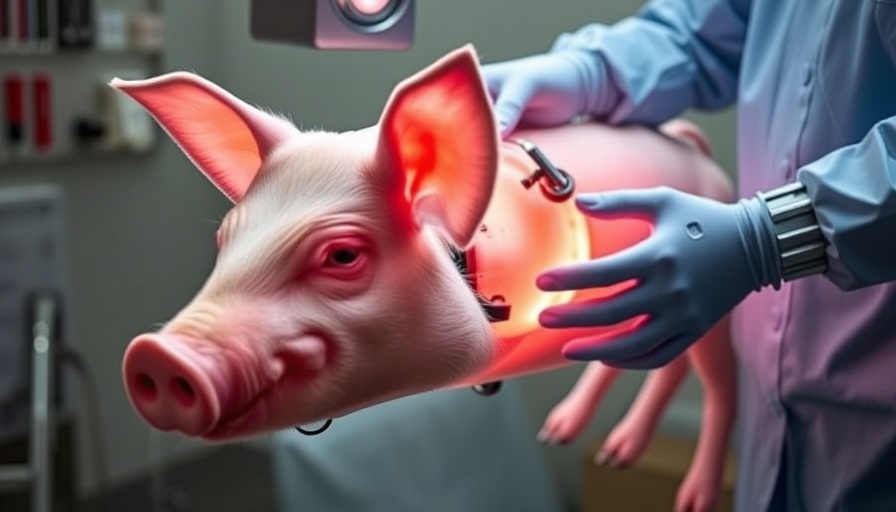
How AI is Redefining Surgical Efficiency
As healthcare systems worldwide strive for improved patient outcomes, a new wave of health technology is emerging to streamline surgical operations. Hospitals understand that surgical delays can hinder both patient satisfaction and overall treatment efficiency. With that context, Tampa General Hospital stands at the forefront of innovation, launching a transformative surgical operations system in 2024.
Understanding the Need for AI in Operating Rooms
Imagine facing a life-altering diagnosis and needing immediate surgical attention. Delays can feel unbearable and impact outcomes. Kathleen Ulrich, senior vice president of perioperative services at Tampa General Hospital asserts, “The last thing you want to hear is that you’re going to have to wait.” The introduction of AI into surgical rooms aims to minimize such scenarios.
Technology at Work: Real-time Insights
The hospital implemented AI-driven cameras in 28 of its 52 operating rooms, granting surgical teams invaluable real-time insights. This system tracks metrics like case durations and turnover times, previously reliant on manual entries from electronic health records. This digital health tool streamlines processes, capturing every phase of the surgical procedure, ultimately enhancing operational accuracy and efficiency.
Quantifying the Impact of AI
With these AI-enhancements, Tampa General is reportedly saving over 3,000 minutes weekly by reducing surgical inefficiencies. This time is not just saved; it translates to the potential for scheduling an additional 600 procedures annually. During its first year, the impact already suggests a remarkable alignment of resources, enabling more patients to receive necessary care fundamentally faster.
A Future Built on AI-Driven Health Solutions
The integration of AI in healthcare illustrates how technology may reshape patient interactions and operational workflows moving forward. As health tech innovations continue to advance, it becomes evident that AI is not just a tool for efficiency but a pivotal player in enhancing patient experiences and outcomes in operating rooms.
As we advance, hospitals and healthcare professionals should explore AI solutions, from diagnostics to surgical procedures, ensuring that medical practice evolves hand-in-hand with technology for a healthier tomorrow.
 Add Row
Add Row  Add
Add 




 Add Row
Add Row  Add
Add 



Write A Comment